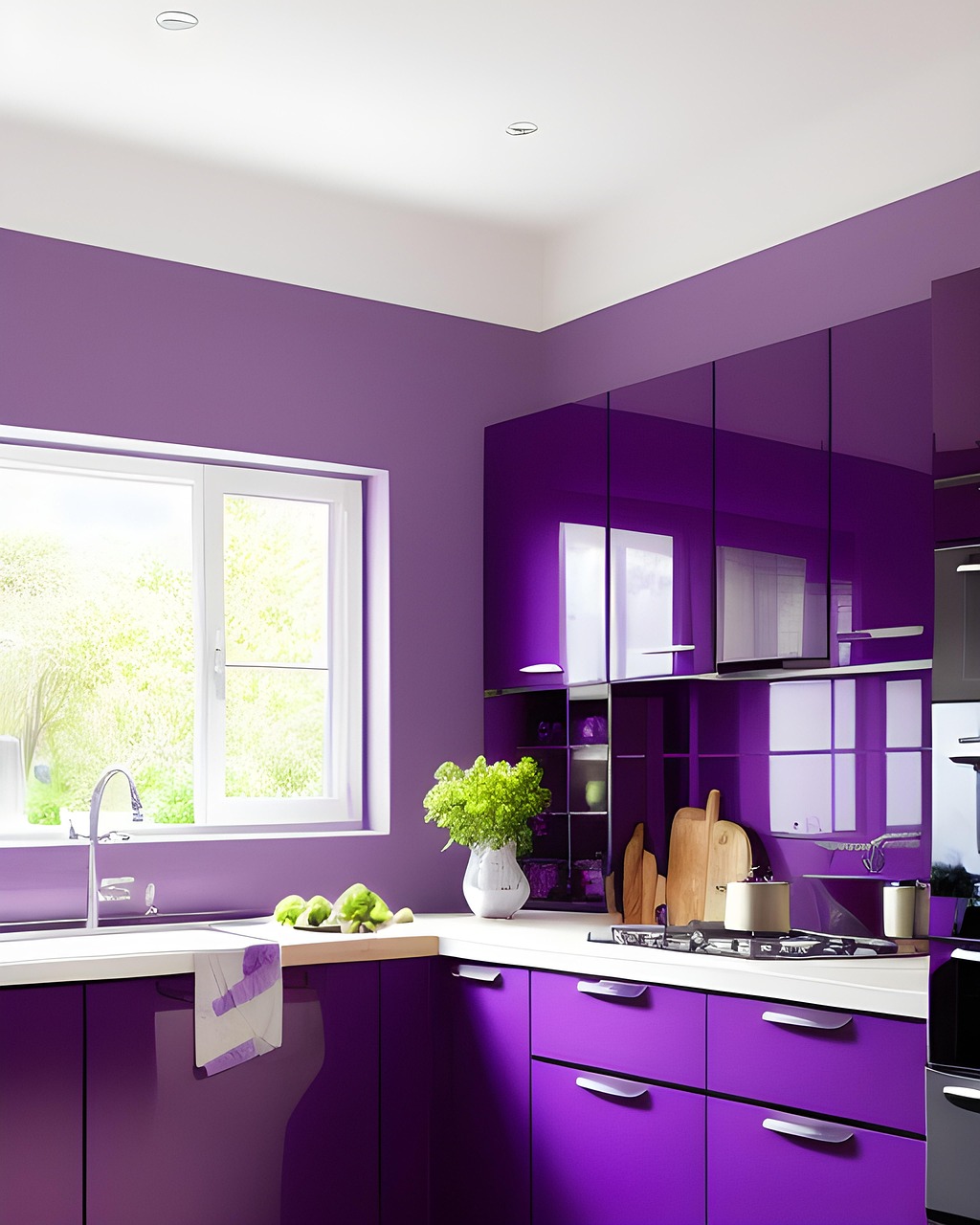5 Unique Crafts to Elevate Your Interior
When designing a room, you may be missing an element, and you just can't find it, or maybe you don't want that thing everyone else has. Here we'll give you 5 unique crafts that you can make your own, that will elevate your interior. 1. Create a candle holder Creating a candle holder is a simple and easy project that can be done in so many ways. You can do anything from using pre-made candle holders and decorating them with ribbons and rhinestones or creating the shape yourself with a compound you enjoy working with and painting them. You can even decorate the candles themselves with candle pens. 2. Paint your own canvas Creating wall art doesn't have to require a whole lot of skill or time, you can use everything from professional quality brushes to cheaper acrylics and create anything from authentic landscapes to simple color block. Another way to make easy art is to do acrylic pour. 3. Custom organizers If you have a shelf on the wall, why not customize those plain wood organizers on it? And if you don't have and wooden organizers, why not get some and add them too your shelf to combine functionality and design. Wooden organizers are one of the options with most creative freedom, you can literally paint and decorate them with colors, design, or even stick 5 random cat stickers on them. 4. Sew your own pillows. Using fabric, and stuffing like Poly-Fil or cotton, you can sew your own pillows in any shape or size. If you want to take it over the top, you can even add little designs using fabric paint or add tassel edges using yarn. There are at least 5,000 different designs you can create, so you imagination is your only limit. 5. Upcycle wooden bits to create abstract sculptures If you have random wooden bits that are left over from projects, renovations, or even packaging, then this is for you. Why not just glue all of them together and make art! Just get out some hot glue sticks, and glue! You can paint it if you want, or you can glue rhinestones, glitter or mosaic tiles to add even more design. In conclusion, there are many different and unique crafts that you can create to make your home stand out. Even though above has 5 ideas, you can take those ideas and make them into 50, or even more. If you want to look at other upcycling ideas, check out our post "Eco Friendly Materials"


